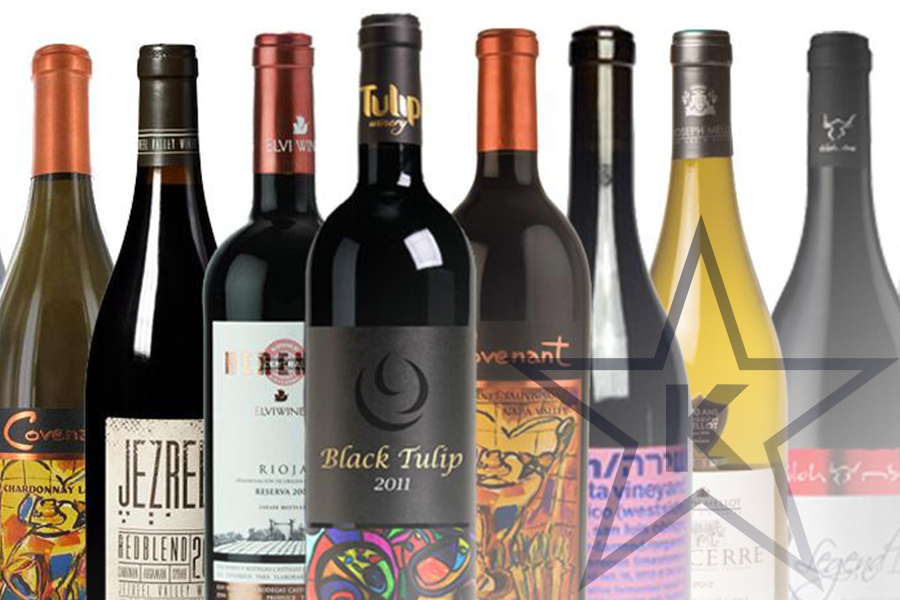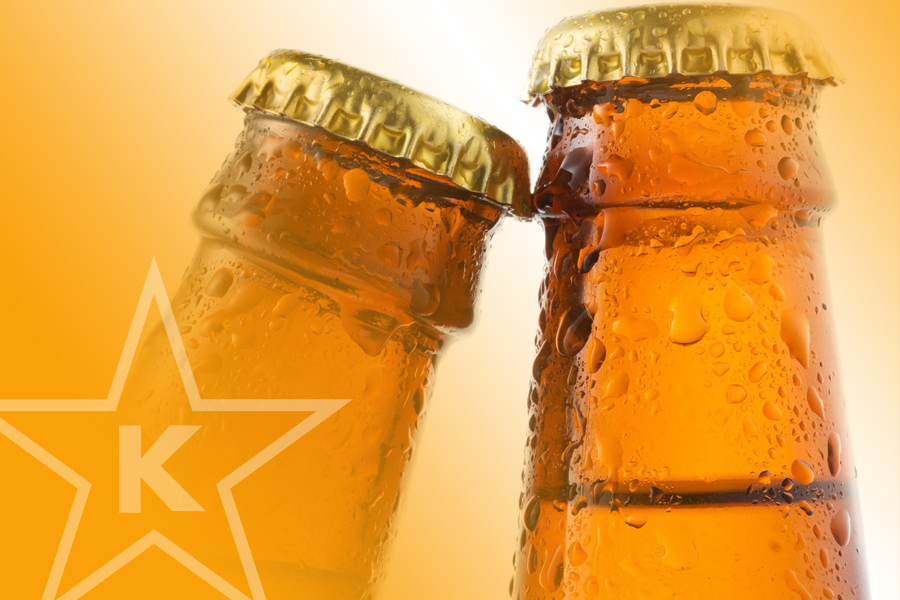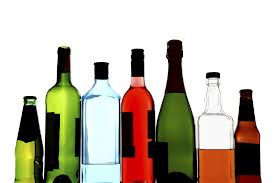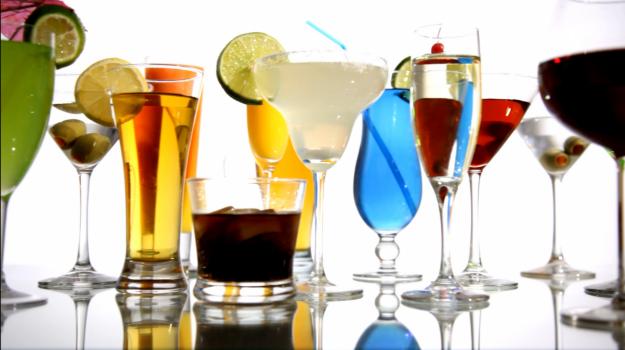Throughout the ages, alcohol has always played a vital role in historical and religious observance. Dovid Hamelech’s declaration ויין ישמח לבב אנוש,1 “Wine will gladden the hearts of humanity,” certainly has borne itself out in modern history. Wine accompanies happy occasions in almost every society known to man. Chazal declare אין שמחה אלא ביין.2
When I was growing up, there weren’t many choices when it came to kosher wine. When my parents bought our childhood home, my father was thrilled to find that it came with a wine cellar. He was then faced with the formidable challenge of finding kosher wine good enough to bother storing. I remember a time when there were only two wines from Eretz Yisroel available, both from Carmel Chateau Rishon: Vin Rouge and Vin Blanc; basically, the whole range was sweet red and white! Domestic wines were even more limited; while there were a few […]

Kosher Wine Comes of Age

HE-BREWS: A Micro View into A Microbrew
Spring 2017
Introduction
If there is a word that can be used to describe the unprecedented growth of microbreweries it is explosive’. There are more microbreweries than ever in the U.S., accounting for $22.3 billion of revenue and 21% of market share. In 2015, the brewery count stood at 4,269 breweries: 2,397 microbreweries; 1,650 brew pubs; and 178 craft breweries. In essence, this dynamic growth has in essence reshaped the playing field, both in quality and new offerings. Of course, the success of the microbrewery is changing the face of the beer industry from traditional to innovative, which obviously impacts the typical kashrus perception of a microbrewery.
It was previously assumed that microbreweries were more purist than their ‘big brother’ counterparts. This means that they would not deviate from the strict rules of the reinheitsgebot-German Beer Purity laws. Is this still true today? And if not, what is the kosher status of a […]

“Beer” Chometz – An overview of Beer Distribution in Baltimore and Chometz She’avar Alav haPesach
It is by now well known that much of the beer sold in Baltimore and surrounding counties is distributed by Jewish owned companies, creating a significant Chometz She’avar Alav haPesach issue for our community. The following is a brief explanation of the issue.
What exactly is Chometz?
The Torah[1] forbids eating any chometz – leavened grain products during Pesach. Simply defined, leavening is dough or batter that has increased in volume either through yeasts or chemical means. The process of how this happens is the following.
A chemical leaven such as sodium bicarbonate (baking soda) react with compounds naturally present in the dough to produce carbon dioxide. The carbon dioxide (CO2) released from this reaction becomes trapped inside the dough, thereby causing the dough to expand – and rise.
Another way to cause dough to rise is through a process called fermentation. Yeast, a fungus naturally present in grains (or commonly added […]

‘Beer Halacha’: Clarifying The Kashrus of Beer
Published Winter 2014
Hashem , in his ultimate kindness, has provided man with the keys to unlock some of nature’s most amazing secrets. For centuries, a great secret has been revealed to man – the bubbling elixir known as beer.
Beer’s ingredients – water, barley, yeast and hops – bear no resemblance to the finished product. These natural ingredients undergo a series of simple yet fascinating processes to convert them into one of the world’s most popular beverages. It is not coincidental that alcoholic beverages have been given the distinctive appellation “spirits”, alluding to the fact that these beverages seem to magically emerge from these natural ingredients as if they have been assisted by spirits. The four steps of beer making are malting, roasting, brewing and fermenting.
THE PROCESS : The first step of beer making combined barley and water in a process […]

Knowing Your Beans: The Kashrus of Coffee
Bedouins savor it thick and rich out of small ornate cups. Some like it black, while others must have cream and sugar. The adventurous will try one of the many flavored coffees available, while the purist would not hear of it. No matter how you enjoy it, coffee remains one of the most popular beverages on the planet. The per capita consumption of coffee in the U.S. alone approaches 30 gallons a year.

Kashrus in High Spirits
Winter 2005
Jewish life-cycle events, be it a bris, a bar mitzvah, or a wedding, are special occasions that we anticipate eagerly and celebrate with joy. At any simcha, we fill our cups with wine, raise our glasses of schnapps, and with great fervor pronounce a resounding “L’chaim!” in honor of the blessed event. This custom of melding alcohol with simcha has been a Jewish practice from time immemorial. The cup that is raised today, however, bears very little resemblance to that of yesteryear.

The Drinks of a New Generation
Published Summer 2009
Those of us who remember the famous marketing jingles of years past certainly recall the memorable multitudes of people locking their arms together while singing the praises of a soft drink, “What the world wants is the real thing!” Today, that exclamation resounds throughout the beverage industry while most of the world is looking for the healthy, natural, nothing artificial, real thing … others just want something yummy.

Drinking Responsibly: Taking stock of the Star-K Liquor List
Published Fall 2009
Introduction:
Since the appearance of the first Star-K approved liquor list over 12 years ago, the liquor industry has become visibly spirited, sophisticated and very high profile. As society moves in that direction, so has the kosher consumer. Whether or not this is meritorious is not for us to editorialize. However, baruch Hashem, life cycle simchos continue to abound, and a hearty l’chaim is still an integral part of sharing in one’s simchos. Briefly, Kashrus Kurrents wants to update its readership concerning the past and current trends that have taken place, as well as how we arrived at our conclusions, under the direction of our esteemed Rav Hamachshir, Harav Moshe Heinemann, shlita.

 STAR-D
STAR-D STAR-S
STAR-S